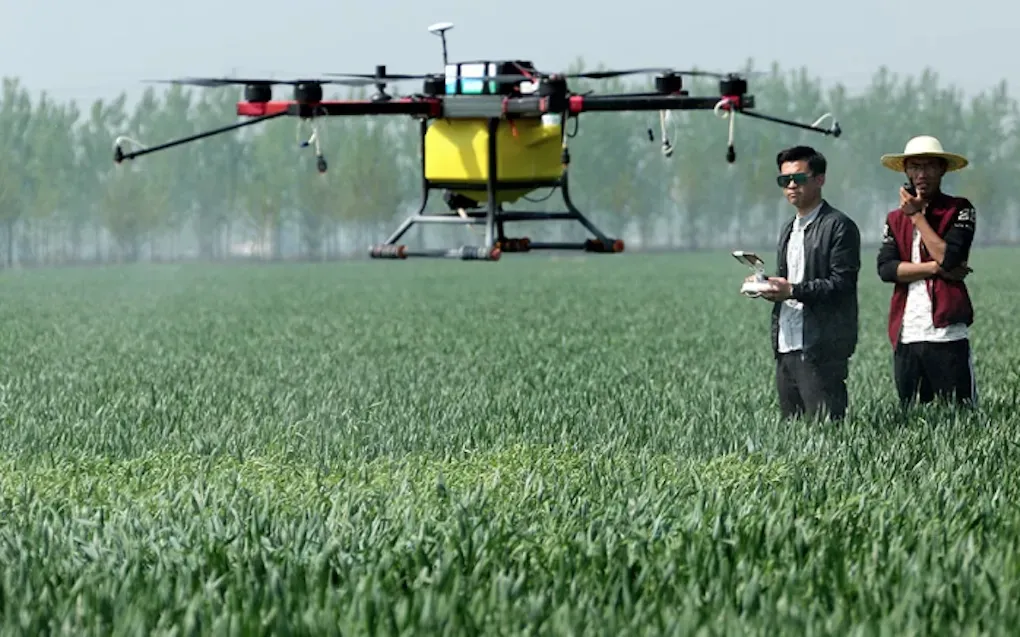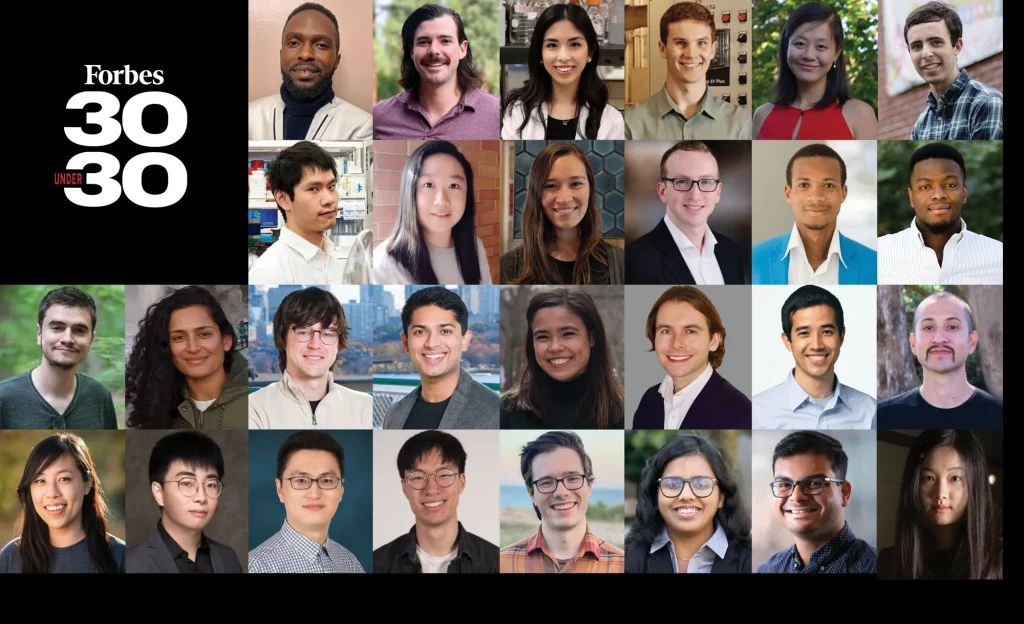China’s Monthly Hero, Young Innovators Driving the “30 Under 30” Tech Scene

Introduction
China’s rapid economic and technological transformation has often been linked to established giants such as Baidu, Tencent, and Alibaba. Yet a new generation of innovators is reshaping the landscape. Many of them appear in Forbes China’s “30 Under 30” lists, representing fields as diverse as artificial intelligence, biotechnology, electric vehicles, and fintech. These young leaders symbolize not only entrepreneurial drive but also the policy and cultural environment that encourages innovation at scale. Highlighting their stories provides insight into the future trajectory of China’s technology economy.
The 30 Under 30 Phenomenon in China
The concept of celebrating young innovators is not unique to China, but the speed and scale of the country’s economic rise give the phenomenon distinctive significance. Archival data shows that the first Chinese editions of the 30 Under 30 list in the 2010s focused heavily on e-commerce and social media. In recent years, the categories have expanded to include green technology, biotech, robotics, and advanced manufacturing.
Government policies promoting entrepreneurship among youth, combined with the availability of venture capital, have made it possible for individuals under 30 to launch companies that scale rapidly. Universities and incubators now provide infrastructure that enables talented graduates to transition from research to commercialization.
AI Innovators Under 30
Artificial intelligence remains one of the most dynamic sectors. Entrepreneurs like Chen Lin, founder of a startup developing AI-powered drug discovery tools, represent the convergence of data science and medicine. At just 28, Chen’s company has secured partnerships with major pharmaceutical firms in Shanghai.
Another standout is Li Xiaoyun, 29, who leads an autonomous drone company providing logistics solutions for rural areas. His firm uses AI navigation to deliver medical supplies to remote villages, reflecting how young innovators are linking advanced technology to social impact. These examples show how under-30 entrepreneurs are broadening the application of AI beyond consumer platforms.

EV and Clean Tech Entrepreneurs
Electric vehicles and clean technology are natural sectors for young Chinese entrepreneurs, given the country’s push for carbon neutrality by 2060. Among the rising stars is Zhao Wei, 27, whose battery recycling startup has attracted investment from both state and private funds. His company specializes in recovering lithium and rare earth elements, addressing one of the key sustainability challenges in the EV sector.
Another figure is Xu Fang, 29, who co-founded a charging infrastructure firm that develops smart grids for urban environments. By integrating renewable energy sources into charging stations, her company contributes to China’s broader goal of green urbanization. Both Zhao and Xu illustrate how the new generation is aligning business models with national policy priorities.
Fintech and Digital Innovation
Young leaders are also emerging in fintech, a sector that has seen explosive growth over the past decade. Wang Hui, 26, is the founder of a startup providing microloans to university students and gig economy workers through an AI credit scoring system. Her platform uses alternative data to assess creditworthiness, extending access to populations often excluded from traditional banking.
In addition, Liu Yang, 28, leads a blockchain-based trade finance company that collaborates with regional banks to reduce transaction costs for exporters. His model reflects how young innovators are experimenting with programmable digital tools to improve transparency and efficiency in cross-border commerce. These initiatives echo global discussions about alternative settlement systems and highlight China’s position at the frontier of financial experimentation.
Biotech and Healthcare Entrepreneurs
Biotechnology is another arena where under-30 leaders are making waves. Fang Min, 29, has developed a diagnostic startup using CRISPR-based tools to detect infectious diseases at the point of care. The company’s low-cost kits are being tested in rural clinics, offering the possibility of improving public health outcomes outside major cities.
Meanwhile, Zhou Mei, 27, co-founded a gene therapy firm focused on rare diseases. Her team has raised significant venture funding and secured government grants, underscoring the policy emphasis on biotech as a strategic sector. Both Fang and Zhou demonstrate how China’s young innovators are pushing the boundaries of medicine.
Policy and Institutional Support
The rise of China’s under-30 innovators is not only a result of individual talent. It reflects a broader ecosystem designed to nurture entrepreneurship. Government programs such as the Mass Entrepreneurship and Innovation Initiative provide funding, tax breaks, and incubator space. Universities collaborate with venture capital firms to guide students from lab to market.
Archival records from the 2010s show how these policies evolved from small-scale pilot programs to nationwide initiatives. Today, the infrastructure is robust enough to support the rapid scaling of new companies. This environment explains why so many under-30 innovators have been able to succeed within such short timeframes.
Challenges Facing Young Innovators
Despite their successes, young entrepreneurs face significant challenges. Market saturation in some sectors, regulatory uncertainty, and global competition can slow growth. Access to international markets is particularly difficult for firms in sensitive sectors such as fintech and biotech. At the same time, the pace of technological change means that today’s breakthrough can quickly become tomorrow’s standard.
Nevertheless, the willingness of young innovators to embrace risk and align with national goals suggests that their influence will continue to grow. Their presence in the 30 Under 30 lists is symbolic of a deeper structural shift in the Chinese economy toward innovation-led growth.

Conclusion
China’s Monthly Hero is not a single individual but a generation of young innovators driving transformation in AI, EVs, fintech, and biotech. Their inclusion in the 30 Under 30 lists underscores the country’s ability to cultivate entrepreneurial talent on a global scale. Archival trends show that this recognition has expanded over the past decade, reflecting both diversification and maturation of China’s innovation ecosystem. For global readers, these stories highlight not only the dynamism of China’s youth but also the structural conditions that make their achievements possible. The next decade of Chinese technology will be shaped as much by these under-30 leaders as by the giants who came before them.




